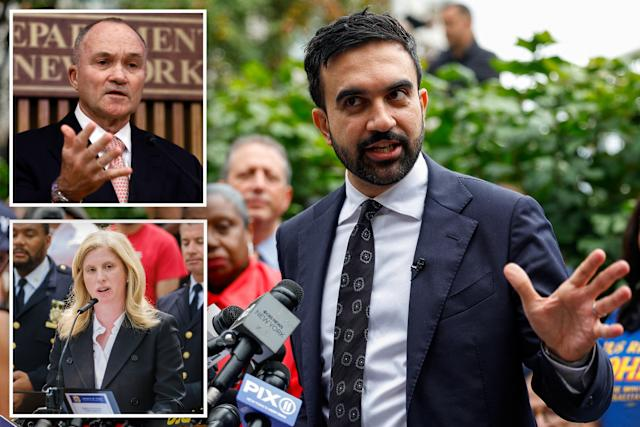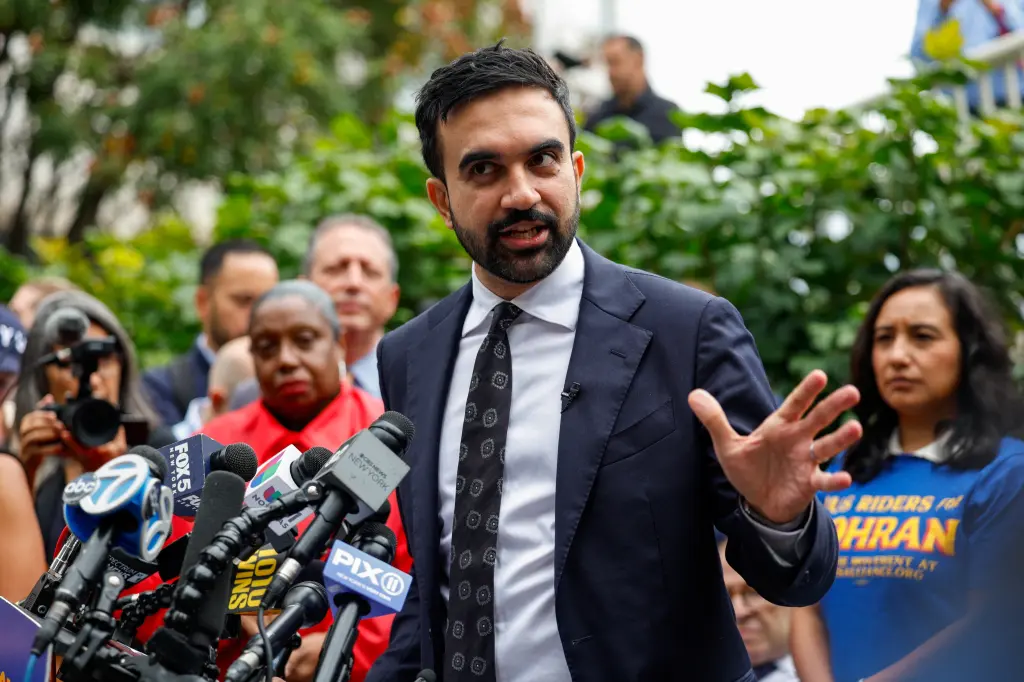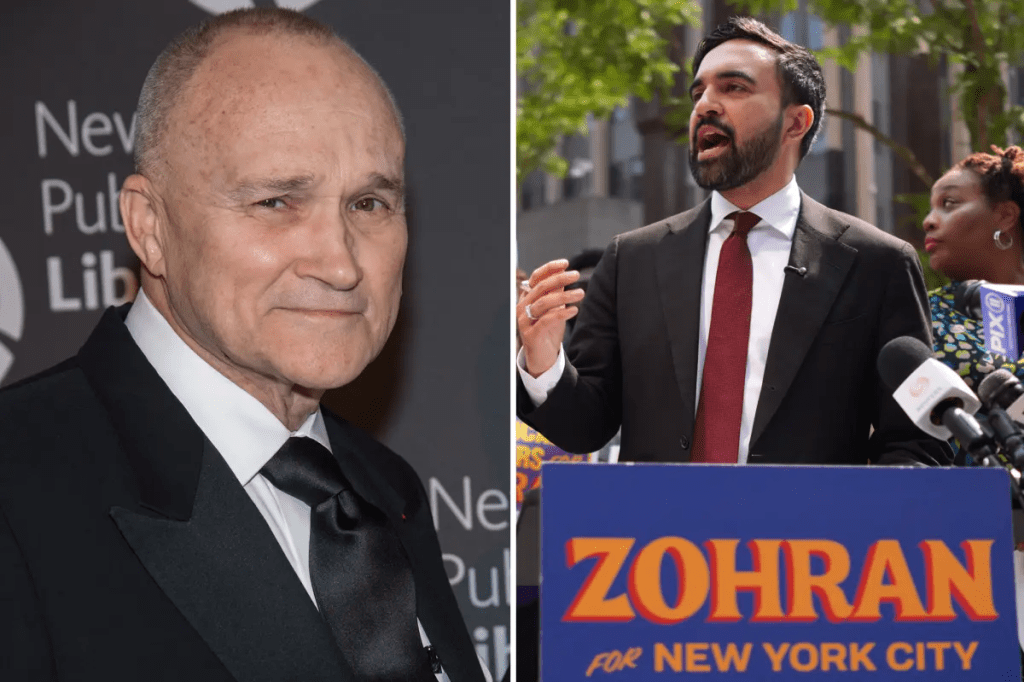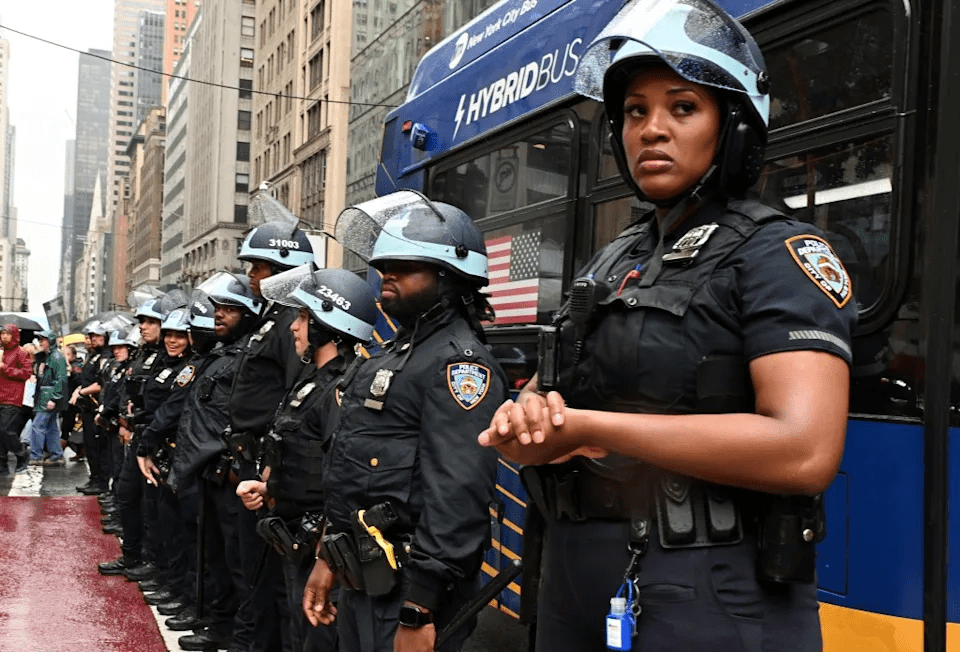Raymond Kelly Issues Stark Warning That NYPD Officers Could Quit En Masse if Zohran Mamdani Wins New York Mayoral Race
The race for New York City’s next mayor took a dramatic turn when former long-serving NYPD Commissioner Raymond Kelly warned that the police force could see an “exodus” under a future Mayor Zohran Mamdani. Kelly, who led the department for 12 years in two separate stints, publicly criticized Mamdani’s rhetoric, labeling the Queens Assemblyman “antisemitic” and accusing him of embracing “crazy ideas.” His comments come amid a growing conversation about law enforcement confidence in political leadership.

Kelly’s comments were first reported in an interview with the New York Post, where he expressed deep concerns about the future of policing under Mamdani’s stated policy agenda. He argued that many current officers might leave the force if they perceive hostility or lack of support from the mayor’s office. “If the new mayor goes down certain paths, it will push cops out of the NYPD,” Kelly said. He cited Mamdani’s criticism of the department and alleged tendency to politicize policing as key factors likely to breed unrest within the ranks.
Mamdani, known as a rising progressive voice in New York politics, has articulated an ambitious platform of reform: changing policing priorities, increasing community oversight, and redirecting resources toward mental health, housing, and alternatives to incarceration. To some critics, including Kelly, these ideas represent existential threats to traditional law-and-order frameworks. To his supporters, they reflect overdue adjustments to a system many believe has demonstrated systemic failures over decades.

This tension between reform-minded politicians and law enforcement is not new in New York, but Kelly’s warning carries unusual weight given his stature and longevity in law enforcement. During his tenure, Kelly presided over major reforms while maintaining robust police morale and public safety metrics. His sharp critique suggests he views Mamdani’s campaign not as standard political opposition, but as a direct threat to departmental stability.
The backlash began almost immediately. Mamdani’s campaign spokesperson dismissed Kelly’s remarks as fearmongering and politically motivated attempts to scare public servants. “Former officials often attempt to sabotage progress by stoking fear,” the campaign statement read, adding that Mamdani was committed to supporting officers while pursuing meaningful community safety reforms. Law enforcement advocacy groups also weighed in, with some saying Kelly’s warning could worsen tensions between rank-and-file officers and city leadership.

Analysts note that Kelly’s predictions are not without historical precedent. Cities across America have seen law enforcement turnover in response to policy shifts, administrative pressure, or leadership changes. Some experts say if officers feel undermined or micromanaged, morale and retention can suffer. What distinguishes this case is the public nature of Kelly’s warning and the symbolism of a mayoral candidate being so openly confronted by a former commissioner.
Public opinion remains divided. Some New Yorkers share Kelly’s concern, viewing Mamdani’s platform as too radical and worrying about the potential decline in policing capacity. Others see Kelly’s threat as evidence of entrenched resistance to reform, bolstering Mamdani’s image as an outsider willing to challenge established systems. Social media has lit up with both support and condemnation, turning this confrontation into a central flashpoint of the mayoral race.

As the election draws nearer, Kelly’s warning may become part of campaign narratives on both sides: a cautionary tale for moderates and a rallying cry for reformers. For NYPD officers, the message may force a reckoning: should they follow their commissioner’s voice of caution or remain committed to serving under a potentially radical new mayor? In a city as complex and fraught as New York, the question may define not just the outcome of a mayoral race, but the future of policing itself.


